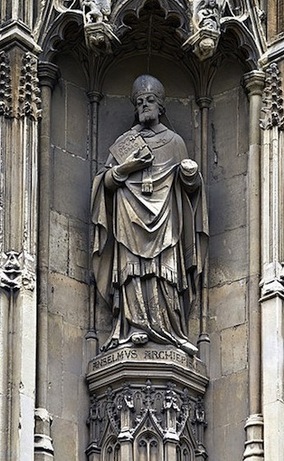 You might be surprised to read this, not all theologians root their work in theology in prayer, personal and communal, of personal devotion, liturgical and lectio divina. I am somewhat confident that some Catholic theologians have a beautiful relationship with the Divine Majesty; that they care, in an intense way, about their spiritual lives through a regular practice of daily prayer, meditation, by availing themselves to the sacraments, attendance at Mass and even the daily singing of the Divine Office. However, you would never know that theologians, particularly Catholics, have rely on prayer for their work because rarely talk about their experiences of prayer. A notable Jesuit spiritual director and writer once said that if you can't articulate the pattern of your prayer, you aren't praying.
You might be surprised to read this, not all theologians root their work in theology in prayer, personal and communal, of personal devotion, liturgical and lectio divina. I am somewhat confident that some Catholic theologians have a beautiful relationship with the Divine Majesty; that they care, in an intense way, about their spiritual lives through a regular practice of daily prayer, meditation, by availing themselves to the sacraments, attendance at Mass and even the daily singing of the Divine Office. However, you would never know that theologians, particularly Catholics, have rely on prayer for their work because rarely talk about their experiences of prayer. A notable Jesuit spiritual director and writer once said that if you can't articulate the pattern of your prayer, you aren't praying.Yesterday I heard Cardinal William Levada speak at More House of Yale University on a new apologetic for the new evangelization and it struck me that in addition to neglecting the role of suffering as part of framing this a new apologetic, he neglected to speak about personal and liturgical prayer. No doubt that he say you have to pray, but the absence of speaking about the place of prayer in apologetics and evangelization is telling.
Just as a priest who never prays the Divine Office, attend to the sacrament of love and Mercy, see a spiritual director, practice lectio divine, and do spiritual reading, theologians who likewise neglect these things aren't really helping us to build a culture of prayer, study, service and community. That is, the proclamation of the gospel will be stunted.
Continue reading Saint Anselm of Canterbury.

